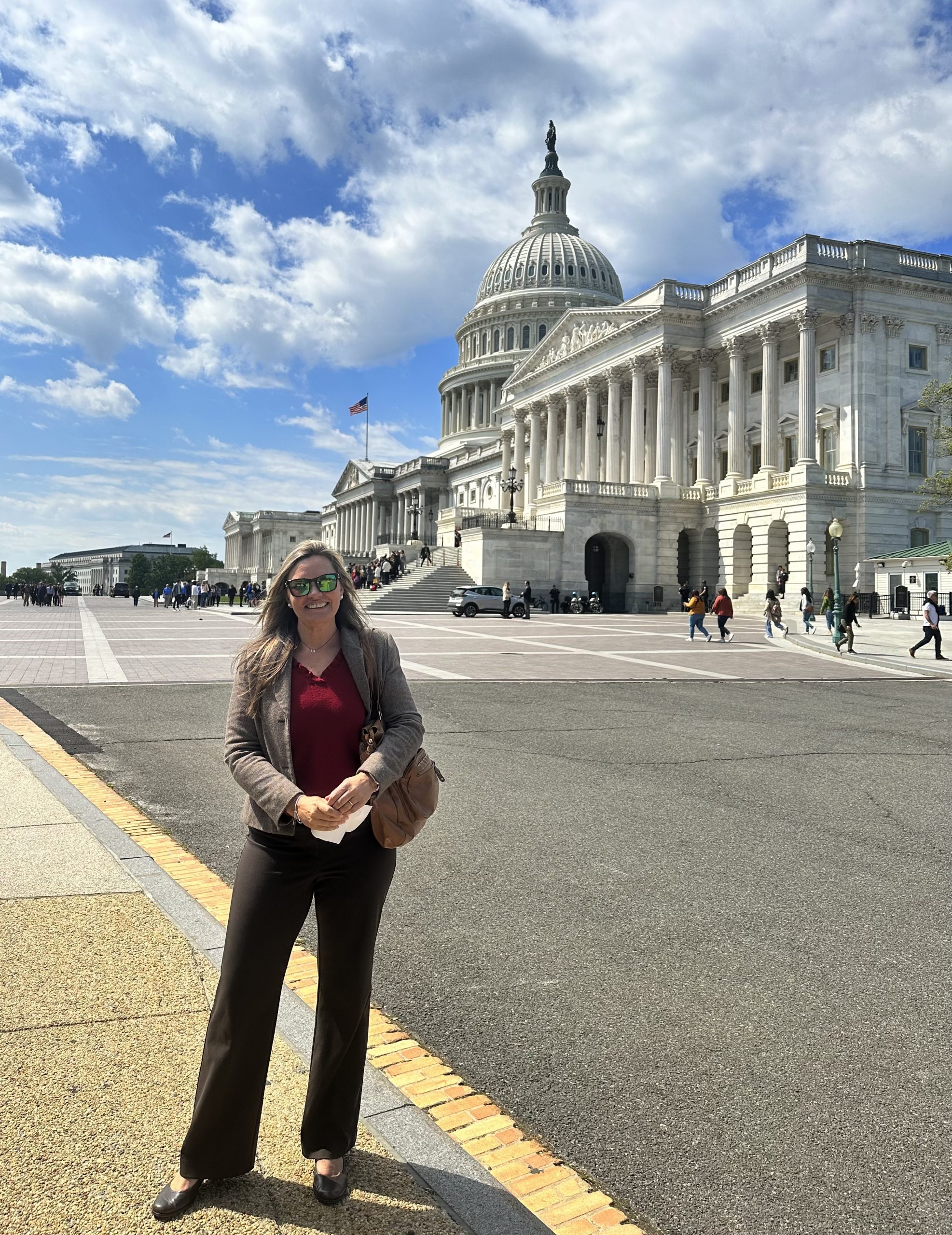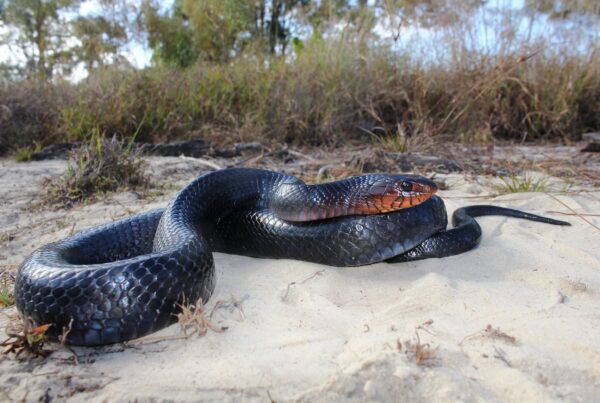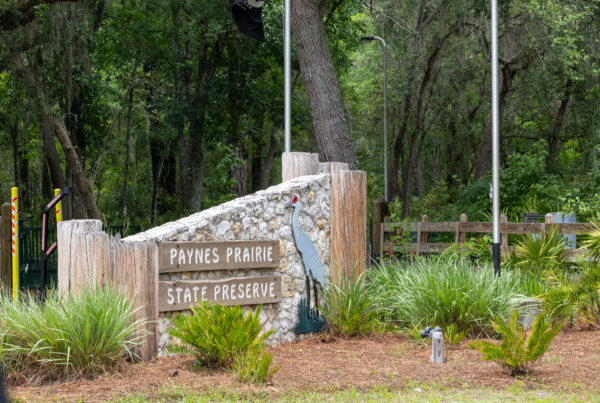Last week, the Florida Wildlife Federation (FWF) traveled to the nation’s Capital to meet with members of Congress about Recovering America’s Wildlife Act and the 2023 Farm Bill. Alongside the National Wildlife Federation, North Carolina Wildlife Federation, Georgia Wildlife Federation, and 17 other affiliates from across the country, we collectively had nearly 70 meetings plus many drop-ins for ‘leave-behind’ information.

FWF President and CEO, Sarah Gledhill, at the nation’s Capital.
2023 Farm Bill
The Farm Bill is America’s largest investment in conservation on private and working lands and therefore, the best opportunity to support farmers and ranchers to better steward the resources that support our nation’s food supply, reverse natural habitat destruction, and improve resiliency. Working with the U.S. Department of Agriculture, farmers, ranchers, foresters, and private landowners are able to conserve, protect, and restore wildlife and pollinator habitat, sensitive grasslands and wetlands, adapt and mitigate the effects of climate change, improve soil health, increase the quality and quantity of water, and create more resilient communities. It is critically important for the 2023 Farm Bill to build on past successes with robust conservation funding to address the unprecedented challenges facing our ecosystems, wildlife, and people.
Our top 4 priorities are:
Protect Conservation Funding
Despite their long track record of success, Farm Bill conservation programs are often a target for cuts in Farm Bills. It is critical that the 2023 Farm Bill protect current funding and build on the historic $20 billion in new funding for climate-smart agriculture and conservation.
Expand Sodsaver Nationwide
The 2014 Farm Bill included a Sodsaver provision to require farmers (rather than taxpayers) to bear more of the risk of bringing native grasslands into row crop production by cutting crop insurance premium subsidies for those acres. Farmers can still choose to convert grassland to cropland, but they get lower levels of premium crop insurance subsidies for a period of four years if they choose to do so. This provision only applies in North and South Dakota, Montana, Minnesota, Iowa, and Nebraska. However, grassland losses have been even higher in states outside of this region. The 2023 Farm Bill should expand sodsaver to apply nationwide.
COVER Act
Practices like planting cover crops build healthy soil and reduce the likelihood that a drought or heavy rain will wipe out a crop – triggering a payout under the federally subsidized crop insurance program. Current crop insurance rules ignore these benefits, so the farmers using cover crops pay more for crop insurance than they should.
Advance Wildlife Corridors and Wildlife Connectivity in the Farm Bill
Agriculture and other development have fragmented the landscape, raising barriers to wildlife migrations that have existed for thousands of years. Existing conservation programs can provide incentives to landowners to increase habitat connectivity, allow for the movement of wildlife, restore historic wildlife corridors, and provide resilience in key migration corridors.
FWF President and CEO, Sarah Gledhill, with a representative from Sen. Marco Rubio’s office (left) and Congressman Darren Soto (right). Click to expand images.
Recovering America’s Wildlife Act
The Recovering America’s Wildlife Act (RAWA), led by Sen. Martin Heinrich (D-NM) and Sen Tillis (R-NC) will help conserve our nation’s fish and wildlife by dedicating up to $1.4 billion for state-level conservation and $97.5 million to Tribal Nations to recover and sustain healthy fish and wildlife populations. If passed, Florida will receive approximately $38 million to implement on-the-ground conservation efforts such as conserving and restoring habitats, fighting invasive species, reintroducing native species, and tackling emerging diseases for nearly 680 species. Dedicated and robust funding is essential to recovering species already listed as threatened or endangered and to preventing additional species from needing “emergency room” measures through the Endangered Species Act.
Saving wildlife is an investment in a clean, sustainable, and thriving economy for rural and urban communities alike. RAWA is good for wildlife, good for taxpayers, and good for business. To support the Federation’s advocacy on behalf of the Recovering America’s Wildlife Act (S. 1149), please sign our petition below or click here.
Thank you to Senator Marco Rubio’s staff and Representative Darren Soto for welcoming us into their office and taking the time to talk about additional conservation tools for Florida’s wildlife, habitat, and waterways.







